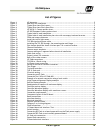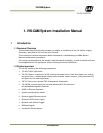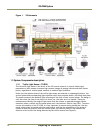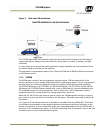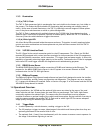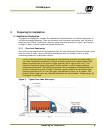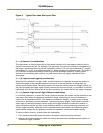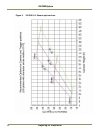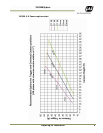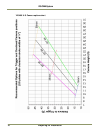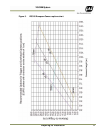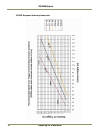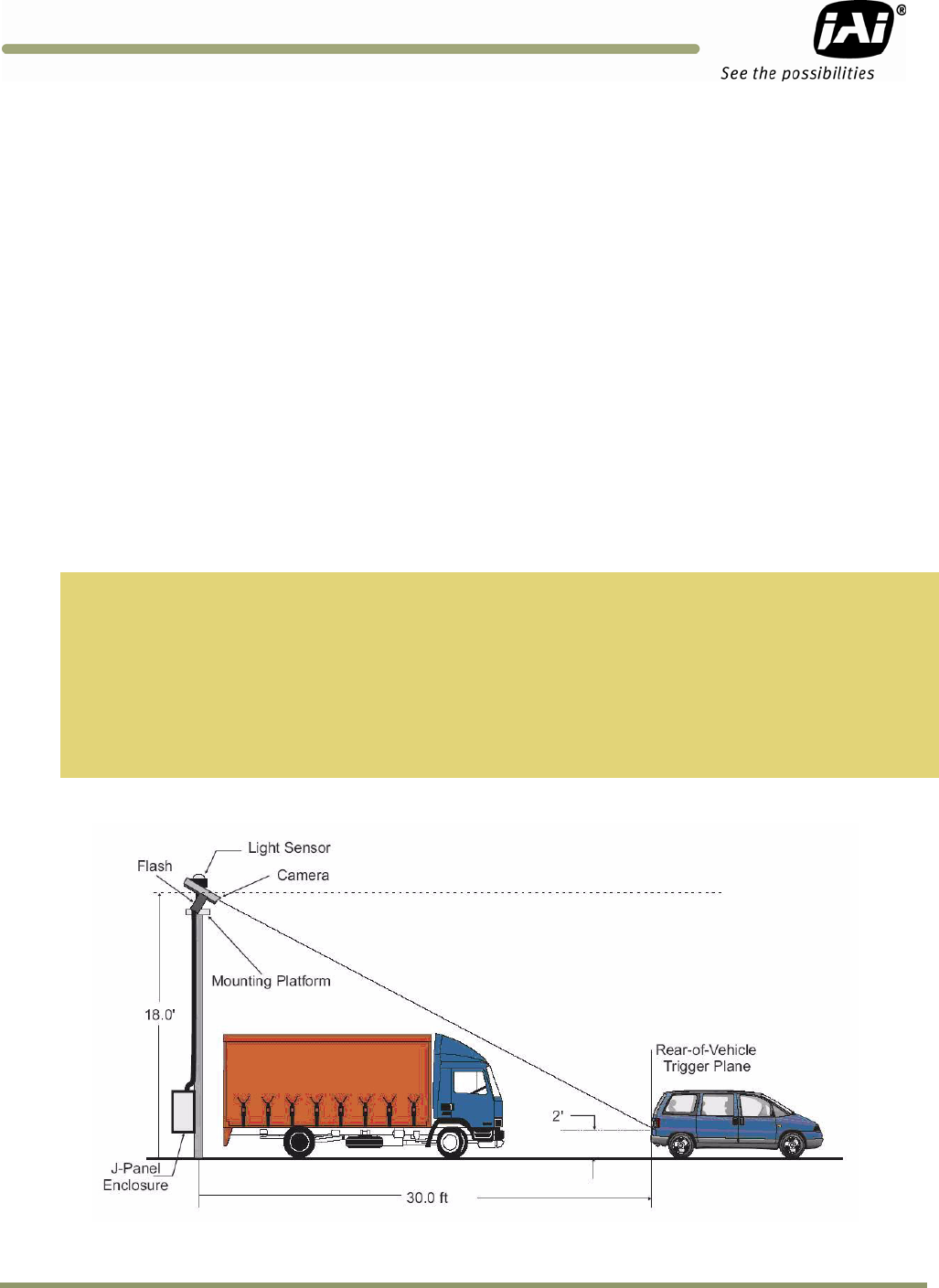
Preparing for Installation 5
VIS-CAM System
2 Preparing for installation
2.1 Installation Preparation
To prepare for installation, consider the fundamental requirements for an effective deployment of
the Vehicle Imaging Subsystem. There are two basic ways to position the camera: over the lane or
beside the lane. Figure 3 and Figure 4 depict a typical over-lane installation. Figure 7 and Figure 8
on page 13 depict a typical beside-lane camera installation.
2.1.1 Over Lane Positioning
Over lane camera mounting is always employed when the road width being monitored contains more
than two lanes of traffic, when a convenient overhead structure is already in place, or when
preventing vandalism is a paramount concern.
The VIS’s varifocal (zoom) lens is adjusted during installation to create 135 pixels across a 1
foot wide license plate (standard for US style of plates, may differ by region) placed 2 feet
above the ground level at the nominal trigger position (loop or light curtain, etc.). This
resolution maximizes license plate reader, vehicle matcher, or other image processing
techniques performance. The highest performance from the subsystem is achieved when the
variation in plate size is kept to within ± 5% which typically means that the vehicle trigger
accuracy should be within ± 1 foot (@ trigger plane defined by client.) at all speeds. Low
latency vehicle triggering is very important and should not be overlooked. Please contact JAI
for support on this issue.
Figure 3. Typical Over Lane Site Layout



